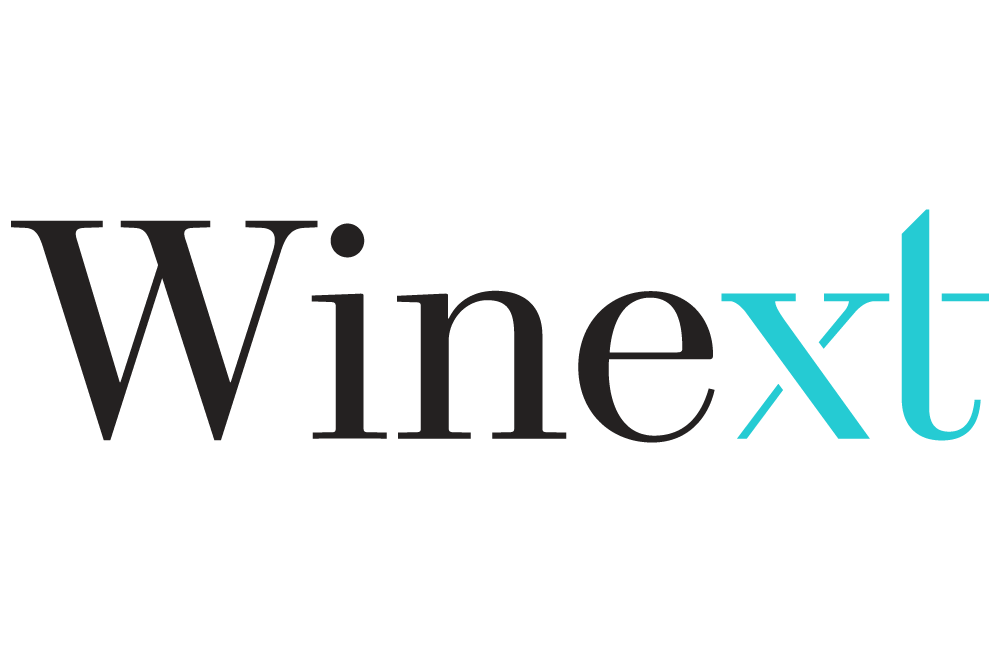Brazil’s new right-wing leader has been grabbing the headlines for his extreme views – will there be an economic silver lining to his presidency?
Whatever you think of Jair Bolsonaro (and it is difficult not to have an opinion on such a controversial individual), the new President of Brazil has carried with him the hopes of a large chunk of Brazilians who are tired of seeing their government mired in incompetence and corruption.
Whether or not he succeeds remains to be seen. However, once the excitement has subsided, the key to his longevity, and Brazil’s prospects in the 21st Century, will be how he tackles the poorly performing economy.
Just ten years ago, Brazil – the world’s fifth biggest country by population – was being hailed as the next economic miracle. Now, after a decade of government from the left-leaning Workers Party (PT), the country is mired in a long period of economic stagnation, with growth falling from around 8% a year in 2010 to negative 3% in 2016; this year the IMF thinks Brazil will grow by an underwhelming 1.8%.
Around 12% (12.5 million) of working age Brazilians are unemployed, and business has to contend with a bewildering array of taxes and regulation, some of them so harsh as to discourage business investment. Around half of the country’s exports are raw materials, so the economy often finds itself subject to the whim of international commodity markets.
Whatever Mr Bolsonaro brings, it will almost certainly be a radical shift in this status quo. For the first time in the 21st Century, Brazil will have a politically and economically right-wing politician in control.
His character, and the manner of his election, have many similarities to that of Donald Trump in the US. And Bolsonaro’s election campaign had some unprecedented elements for Brazil:
It succeeded with a low budget, having refused to take government funding that all political parties are entitled to;
The campaign deployed social media, and especially WhatsApp, to a remarkably effective degree, including a very Trumpian reliance on fake news to motivate the base;
Bolsonaro’s speeches focused the campaign on morals, not policy detail: not surprising when his two elected predecessors, Lula da Silva and Dilma Rousseff, were convicted and impeached respectively in corruption-related scandals.
His arrival in the presidential palace will bring some economic optimism from Brazil’s business community, exemplified by a surge in the Brazilian stock market late last week when it became apparent from opinion polls that he would win. The key tests of this optimism will come quickly. Within the first 180 days of his administration, he is proposing to reform Brazil’s generous pensions system (which, along with other social security measures, consumes a third of all government spending) and cutting government bureaucracy. He also wants to simplify the tax system and push marathon trade negotiations between the EU Mercosur (the South American economic alliance which includes Brazil and Argentina) to a successful conclusion.
If he succeeds in all these initiatives, the outlook for Brazil’s economy in general and the wine market in particular will be very positive. I imagine it is a topic we will be spending quite a lot of time on when Wine Intelligence CEO Lulie Halstead comes to Sao Paolo next week to deliver a workshop in our Future Value in Wine series.
However, there is no guarantee that Mr Bolsonaro will in fact be effective in pulling Brazil out of its economic tailspin. His 27-year track record as a legislator is undistinguished, and he (like Trump) appears to find it much easier to alienate people than build alliances. His throwback views on minorities, homosexuality, abortion and gun control (among other things) ignite passionate opposition, and he risks (again, like Trump) squandering his political capital on low-grade grudges. Brazil may yet benefit from its new president, but he may need to overcome his own flaws for this to happen.
To continue receiving Winext’s articles, subscribe here!
This article was originally published on Wine Intelligence's webpage.
Cover picture: Wikimedia

